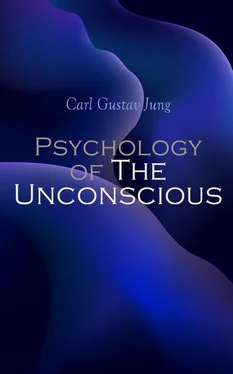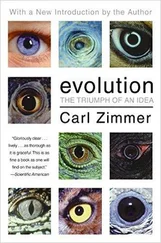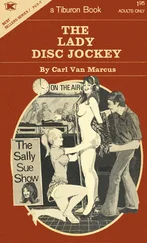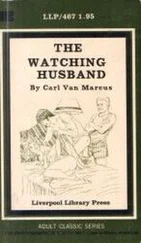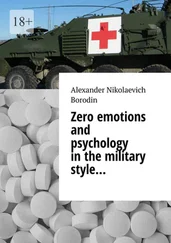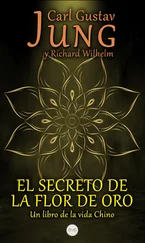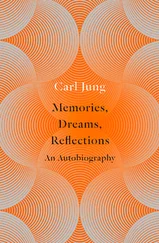The second stage includes the years from this time until puberty, and this he speaks of as the prepubertal stage.
The third period is that from puberty onward and can be considered the time of maturity.
It is in the earliest stage, the period of which varies greatly in different individuals, that are fully inaugurated those various manifestations which have so marked a sexual coloring that there can be no question of their relationship, although at that time sexuality in the adult meaning of the word does not exist.
Jung explains the polymorphism of these phenomena as arising from a gradual movement of the libido from exclusive service in the function of nutrition into new avenues which successively open up with the development of the child until the final inauguration of the sexual function proper at puberty. Normally these childish bad habits are gradually relinquished until the libido is entirely withdrawn from these immature phases and with the ushering in of puberty for the first time “appears in the form of an undifferentiated sexual primitive power, clearly forcing the individual towards division, budding, etc.”
However, if in the course of its movement from the function of nutrition to the sexual function the libido is arrested or retarded at any phase, then a fixation may result, creating a disturbance in the harmony of the normal development. For, although the libido is retarded and remains clinging to some childish manifestation, time goes on and the physical growth of the child does not stand still. Soon a great contrast is created between the infantile manifestations of the emotional life and the needs of the more adult individual, and the foundation is thus prepared for either the development of a definite neurosis or else for those weaknesses of character or symptomatic disturbances which are not sufficiently serious to be called a neurosis.
One of the most active and important forms of childish libido occupation is in phantasy making. The child’s world is one of imagery and make-believe where he can create for himself that satisfaction and enjoyment which the world of reality so often denies. As the child grows and real demands of life are made upon him it becomes increasingly necessary that his libido be taken away from his phantastic world and used for the required adaptation to reality needed by his age and condition, until finally for the adult the freedom of the whole libido is necessary to meet the biological and cultural demands of life.
Instead of thus employing the libido in the real world, however, certain people never relinquish the seeking for satisfaction in the shadowy world of phantasy and even though they make certain attempts at adaptation they are halted and discouraged by every difficulty and obstacle in the path of life and are easily pulled back into their inner psychic world. This condition is called a state of introversion . It is concerned with the past and the reminiscences which belong thereto. Situations and experiences which should have been completed and finished long ago are still dwelt upon and lived with. Images and matters which were once important but which normally have no significance for their later age are still actively influencing their present lives. The nature and character of these phantasy products are legion, and are easily recognized in the emotional attitudes and pretensions, the childish illusions and exaggerations, the prejudices and inconsistencies which people express in manifold forms. The actual situation is inadequately faced; small matters are reacted towards in an exaggerated manner; or else a frivolous attitude is maintained where real seriousness is demanded. In other words, there is clearly manifested an inadequate psychic adaptation towards reality which is quite to be expected from the child, but which is very discordant in the adult.
The most important of these past influences is that of the parents. Because they are the first objects of the developing childish love, and afford the first satisfaction and pleasure to the child, they become the models for all succeeding efforts, as Freud has worked out. This he called the nuclear or root complex because this influence was so powerful it seemed to be the determining factor in all later difficulties in the life of the individual.
In this phase of the problem lies the third great difference between Jung’s interpretation of the observed phenomena and that of Freud.
Jung definitely recognizes that there are many neurotic persons who clearly exhibited in their childhood the same neurotic tendencies that are later exaggerated. Also that an almost overwhelming effect on the destiny of these children is exercised by the influence of the parents, the frequent over-anxiety or tenderness, the lack of sympathy or understanding, in other words, the complexes of the parent reacting upon the child and producing in him love, admiration, fear, distrust, hate, revolt. The greater the sensitiveness and impressionability of the child, the more he will be stamped with the familial environment, and the more he will unconsciously seek to find again in the world of reality the model of his own small world with all the pleasures and satisfactions, or disappointments and unhappinesses with which it was filled.
This condition to be sure is not a recognized or a conscious one, for the individual may think himself perfectly free from this past influence because he is living in the real world, and because actually there is a great difference between the present conditions and that of his childish past. He sees all this, intellectually, but there is a wide gap between the intellectual grasp of a situation and the emotional development, and it is the latter realm wherein lies the disharmony. However, although many ideas and feelings are connected with the parents, analysis reveals very often that they are only subjective and that in reality they bear little resemblance to the actual past situation. Therefore, Jung speaks no longer of the real father and mother but uses the term imago or image to represent the father or mother, because the feelings and phantasies frequently do not deal with the real parents but with the distorted and subjective image created by the imagination of the individual.
Following this distinction Jung sees in the Oedipus complex of Freud only a symbol for the “childish desire towards the parents and for the conflict which this craving evokes,” and cannot accept the theory that in this early stage of childhood the mother has any real sexual significance for the child.
The demands of the child upon the mother, the jealousy so often exhibited, are at first connected with the rôle of the mother as protector, caretaker and supplier of nutritive wants, and only later, with the germinating eroticism, does the child’s love become admixed with the developing sexual quality. The chief love objects are still the parents and he naturally continues to seek and to find in them satisfaction for all his desires. In this way the typical conflict is developed which in the son is directed towards the father and in the daughter towards the mother. This jealousy of the daughter towards the mother is called the Electra complex from the myth of Electra who took revenge on her mother for the murder of the husband because she was in this way deprived of her father.
Normally as puberty is attained the child gradually becomes more or less freed from his parents, and upon the degree in which this is accomplished depends his health and future well-being.
This demand of nature upon the young individual to free himself from the bonds of his childish dependency and to find in the world of reality his independent existence is so imperious and dominating that it frequently produces in the child the greatest struggles and severest conflicts, the period being characterized symbolically as a self-sacrifice by Jung.
Читать дальше
